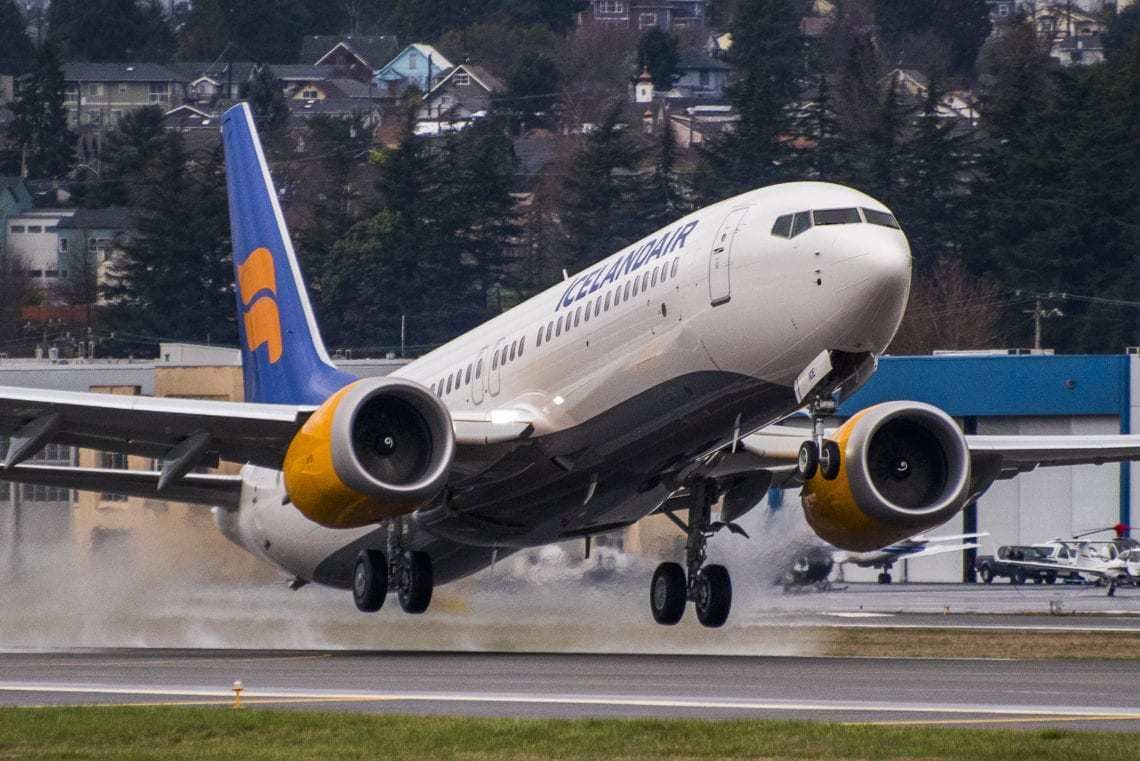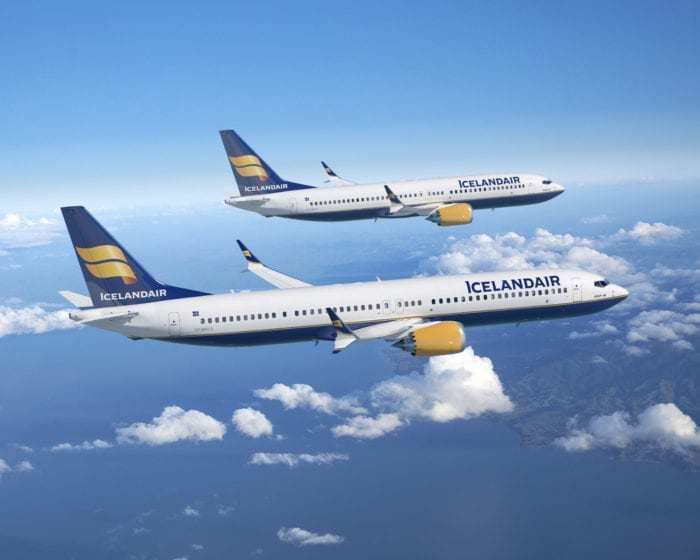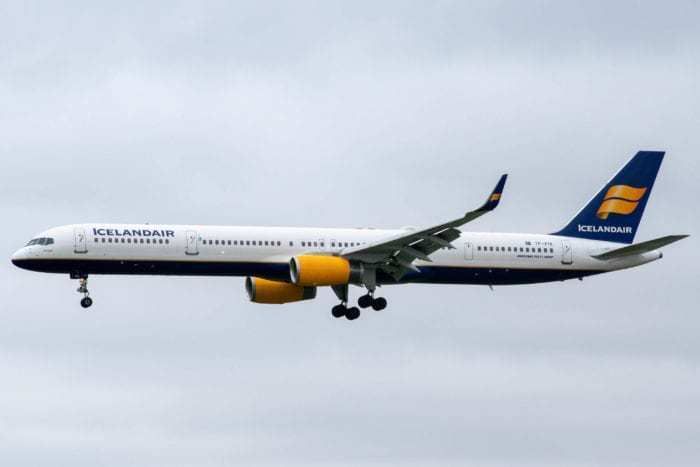Icelandair is currently in the midst of phasing out its Boeing 757 aircraft. However, as these aircraft are due to be replaced by the Boeing 737 MAX, Icelandair has a dilemma. It seems as though Airbus may be the answer.
Icelandair operates 25 Boeing 757 aircraft. They have an average age of over 20 years between them according to AirFleets.net. As such, it is no surprise that the airline is looking to replace them. However, as the Boeing 737 MAX is currently grounded, Flight Global reports the airline is looking to complement the aircraft with the Airbus A321neo.
Grounded aircraft
An aircraft sitting on the ground is a problem for airlines. This is for a number of reasons. Firstly, an aircraft sat on the ground is clearly not flying through the air. As such, it has no passengers and is not making money. In fact, the opposite happens. Typically, carriers have to pay for the space their grounded aircraft occupy.
Additionally, Iceland is likely not the best climate to store aircraft for a long period of time. In fact, aircraft are usually stored for long periods of time in hot and dry climates such as the Californian desert. It is unclear how the Boeing 737 MAX aircraft in Iceland are currently being stored.
Icelandair Boeing 737 MAX fleet
According to data from FlightRadar24.com, Icelandair currently has nine Boeing 737 MAX aircraft. This is comprised of seven Boeing 737 MAX 8 aircraft, and two MAX 9 aircraft. Of these, only three MAX 8s are flying, a further two MAX 8s have been delivered. The remaining aircraft are still in Seattle awaiting delivery.
The grounding of the fleet has, however, had implications for Icelandair. It has meant that the timeline for retiring the Boeing 757 has been pushed back. Additionally, it has meant a dip in profits.
Financial effects
According to Flight Global, the grounding of the MAX has put a dent in the airline's performance for Q1. However, it is important to note that higher crew incomes also played a role. Let us take a look at some of the numbers:
- Revenue dropped by 7% to $248 million;
- Pre-tax loss increased by 57% to $68.5 million;
- Net losses increased by 60% to $55 million.
It is thought that the grounding of the Boeing 737 MAX has directly cost Icelandair $3 million during Q1 of 2019. The Icelandair group has “has initiated discussions with Boeing regarding compensation for all the financial loss resulting from the suspension”. This follows behind other airlines including Norwegian.
What about Airbus?
In the group's Q1 briefing, it was hinted at a number of different options for the airline's fleet strategy. Almost all include Airbus aircraft. One strategy looks at also ordering Airbus A321neo aircraft to accelerate the retirement of the Boeing 757. Another option reportedly being mulled over by the airline is eventually switching to an all Airbus fleet. This would see all of the airline's Boeing aircraft being retired.
What do you think Icelandair should do with their Boeing 737 MAX aircraft? Let us know in the comments!



